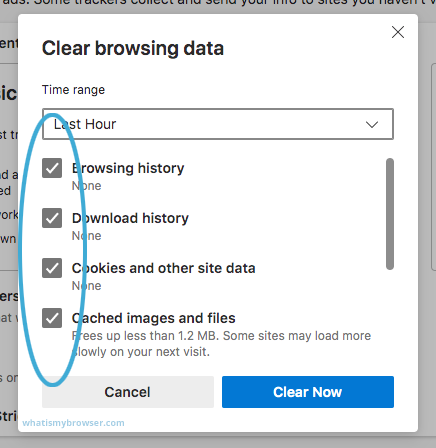
Unfortunately, that’s what you’ve given them permission to do. It’s unlikely that you want this detailed profile of you, your life and your friends sold on the open market. You might not regard this information as being particularly secret, but you probably regard most of it as private. When unscrupulous companies use cookies to track you from one site to another, cookies can become a problem.Įvery site you visit helps to build a profile on you, and even if you’re not directly giving out any personal details, tracking companies – which exist to gather and sell information about you – can use cookies to build up a picture of who you are, where you live, how you vote, your age and sexual preference, and whether or not you floss regularly. In this article, I explain the problems that cookies pose and how to clear the cookies from your browser. However, they’re not always beneficial for your online activities. Publications can easily see which articles are popular with return visitors, and tailor their content accordingly. They’re beneficial to websites in other ways besides preventing customer confusion and angst. Without them, you’d be faced with having to log into your email and shopping accounts every time you left and returned to a site, and your online shopping cart would mysteriously empty as you browse the virtual aisles of your favourite online retailer. They’re tiny text files stored on your phone or PC, which tell websites that you’ve visited them before (whether or not you’re logged in), and what pages you’ve been looking at.

For most people, cookies are a necessary evil when you’re surfing the web.


 0 kommentar(er)
0 kommentar(er)
